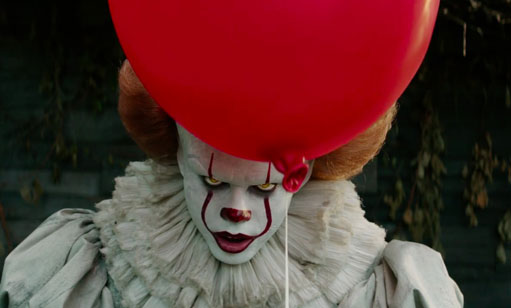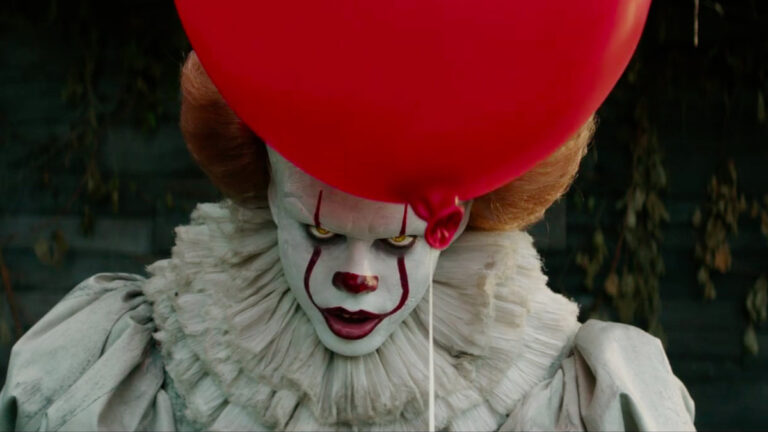Summer Cinema Meltdown
The Good, The Bad And The Ugly Of 2017’S Box Office


Latest Article|September 3, 2020|Free
::Making Grown Men Cry Since 1992

